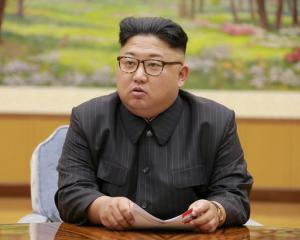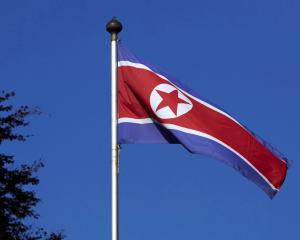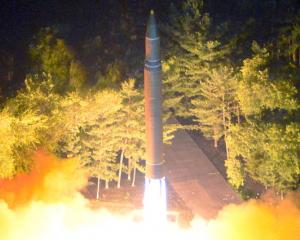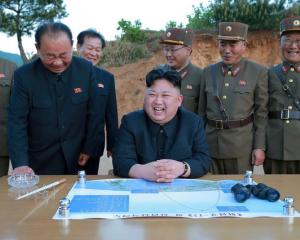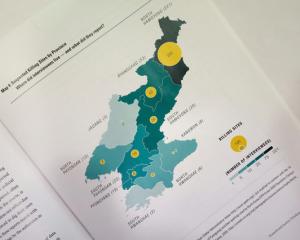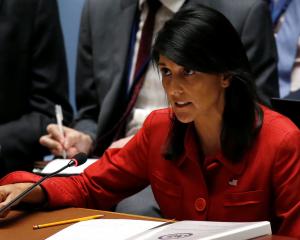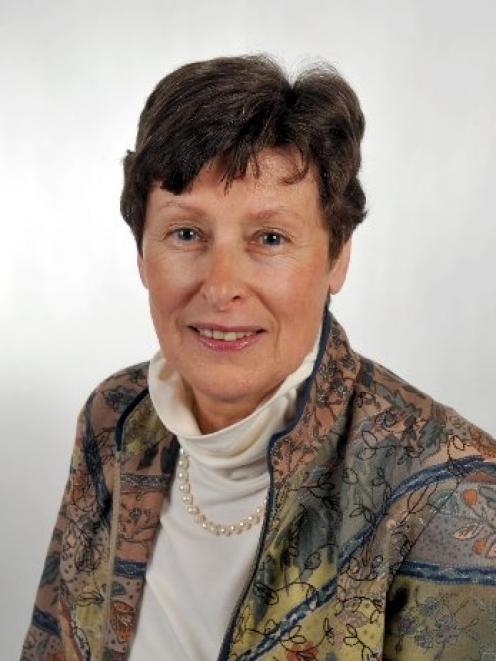
High Representative for Disarmament Affairs Angela Kane, who is based in New York, was in Dunedin yesterday for the last stop of a New Zealand speaking tour.
In a speech given at the University of Otago she argued there was a growing sense of ''taboo'' imperilling disarmament efforts.
In an interview with the Otago Daily Times, the German-born official said revelations by whistleblower Edward Snowden that the United States spied on UN officials was not surprising.
''We've always been spied on. I don't think this was any revelation at all.
''I think that we know that we're being spied on . . .''
She agreed Mr Snowden brought the issue into focus, and said, ''it was always assumed on our side''.
Senior UN officials followed a transparent process, and did not have ''secrets''.
She expressed disappointment about nuclear disarmament progress, about which there was ''strong unhappiness''.
''On the issue of nuclear disarmament, there is nothing happening, really.''
The established nuclear powers were not working hard enough on the issue, she suggested.
There was much attention paid to efforts to halt proliferation of nuclear weapons, but not enough to disarming established nuclear powers.
An area of real progress was the Arms Trade Treaty. Signed by 118 countries, including the United States, it would give more transparency about the $85 billion annual arms trade.
She did not expect the US to ratify the agreement, although she believed it would adhere to the rules anyway.
There was much misinformation about the treaty, which did not affect internal gun control law, she said.
Another success was negotiating Syria's consent to dispose of its chemical weapons.
She said she often saw UN Development Programme head Helen Clark in senior meetings.
The former New Zealand prime minister was doing a ''terrific job'' to raise the profile of her department.
In her speech at the university, Ms Kane spoke of a perception that disarmament was ''too difficult, too controversial, and too impractical a goal to pursue''.
There was a sense the UN's disarmament processes had become ''dysfunctional and hence should be taboo as a venue for negotiating relevant treaties''.
There was resistance to the ''very word'' disarmament, to the point that it was ''disappearing from official business cards''.
Scepticism about the UN's capacity to propel disarmament extended to ''progressive groups in civil society'', and to the UN itself.
''They view disarmament as largely a distraction, absorbed with politics and political point-scoring, rather than with achieving concrete results.
''I say this with great regret, because I view these groups as our natural allies - we truly have a common cause and should be working together.''
Ms Kane said disarmament would occur only when many different groups with different interests worked together, and she called for an outreach strategy to unite groups on the goal.



